8 GPTs for Code Quality Assurance Powered by AI for Free of 2026
AI GPTs for Code Quality Assurance are advanced AI tools based on Generative Pre-trained Transformers. These tools are specifically designed to enhance the code development process by ensuring high standards of quality and efficiency. They leverage the powerful capabilities of GPTs to analyze, suggest improvements, and even auto-correct code, making them indispensable in modern software development. Their relevance lies in their ability to provide bespoke solutions for maintaining and improving code quality, catering to the evolving needs of the software industry.
Top 8 GPTs for Code Quality Assurance are: Flutter GPT,Code Comment Gen - saysay.ai,Complete Apex Test Class Assistant,Code Weaver,Unit Test Buddy,PyAgentGPT,Write My Tests,Software Architect
Flutter GPT
Transforming Design to Flutter Code, AI-Powered

Code Comment Gen - saysay.ai
Clarifying Code, One Comment at a Time
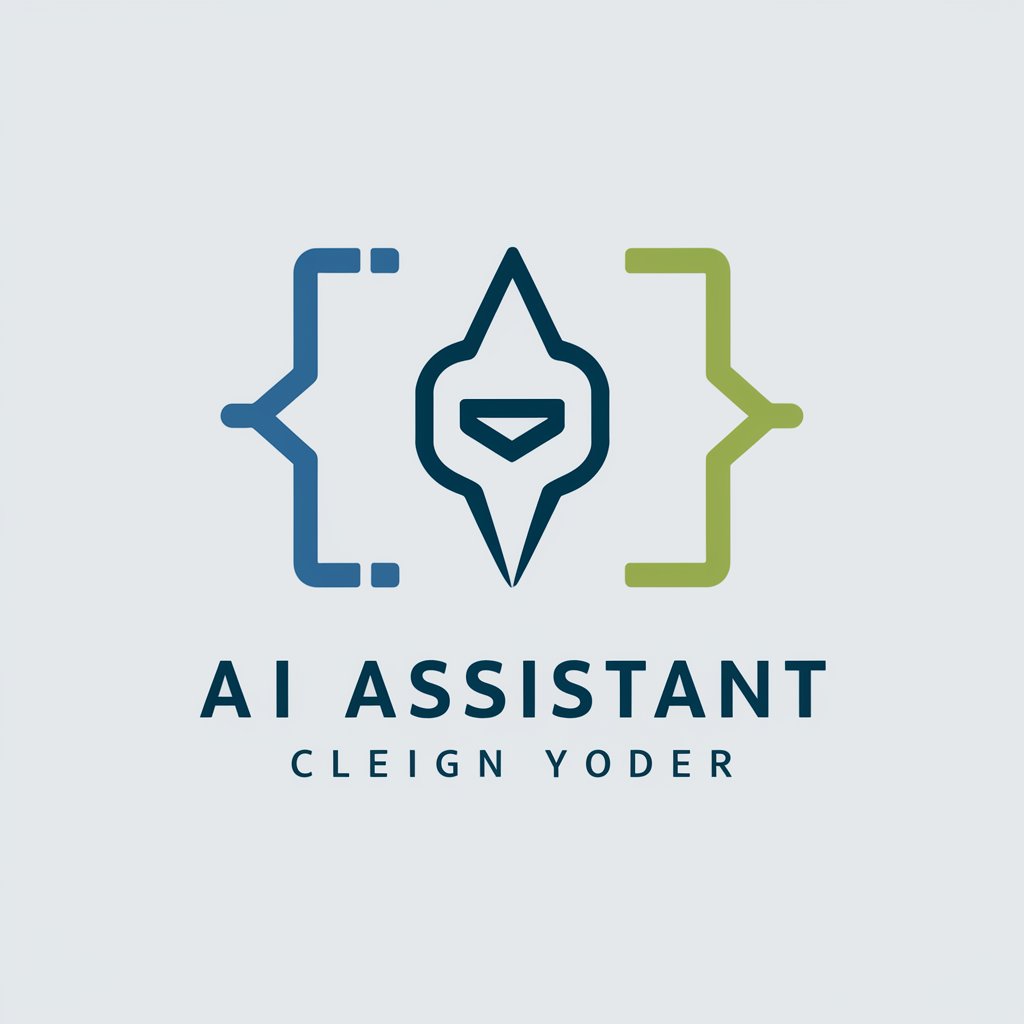
Complete Apex Test Class Assistant
Streamlining Apex Testing with AI Precision
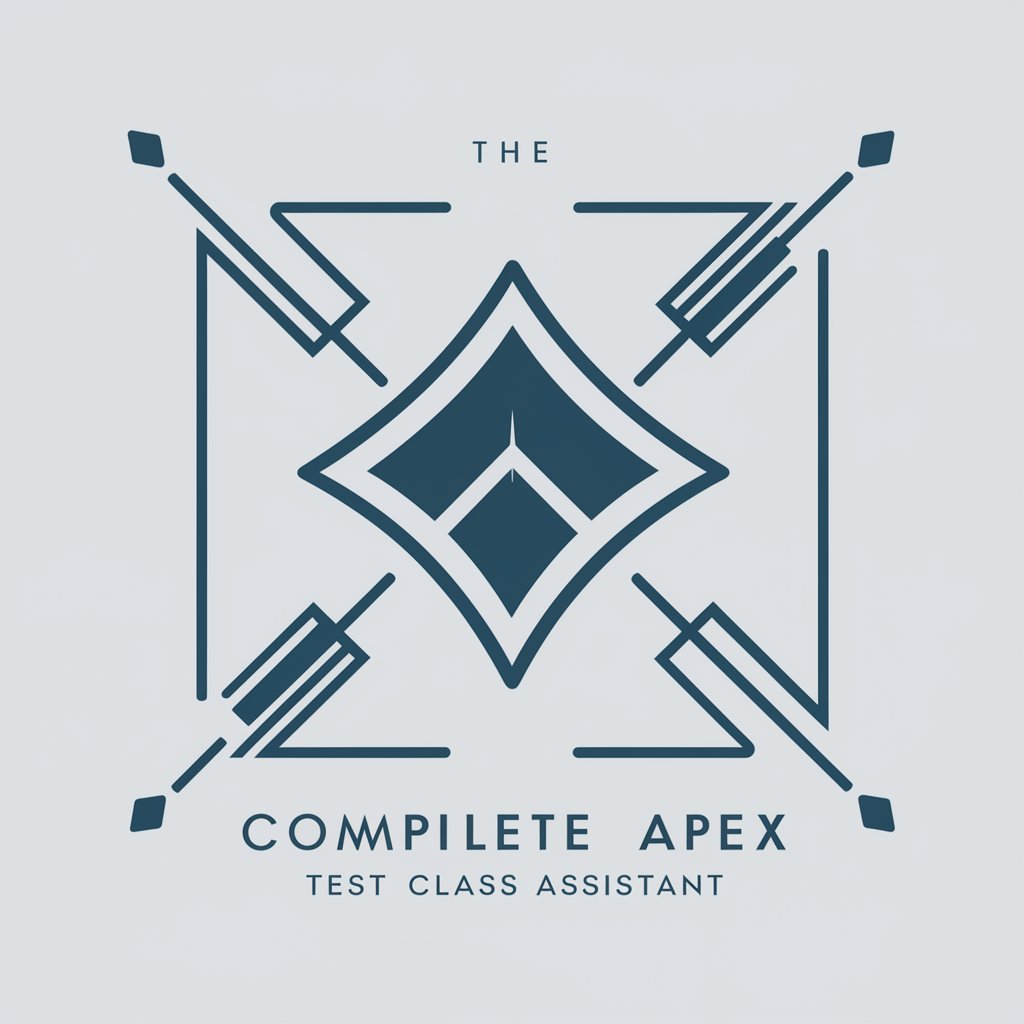
Code Weaver
Turning Designs into Deployable Code with AI

Unit Test Buddy
Streamlining Code Testing with AI Power
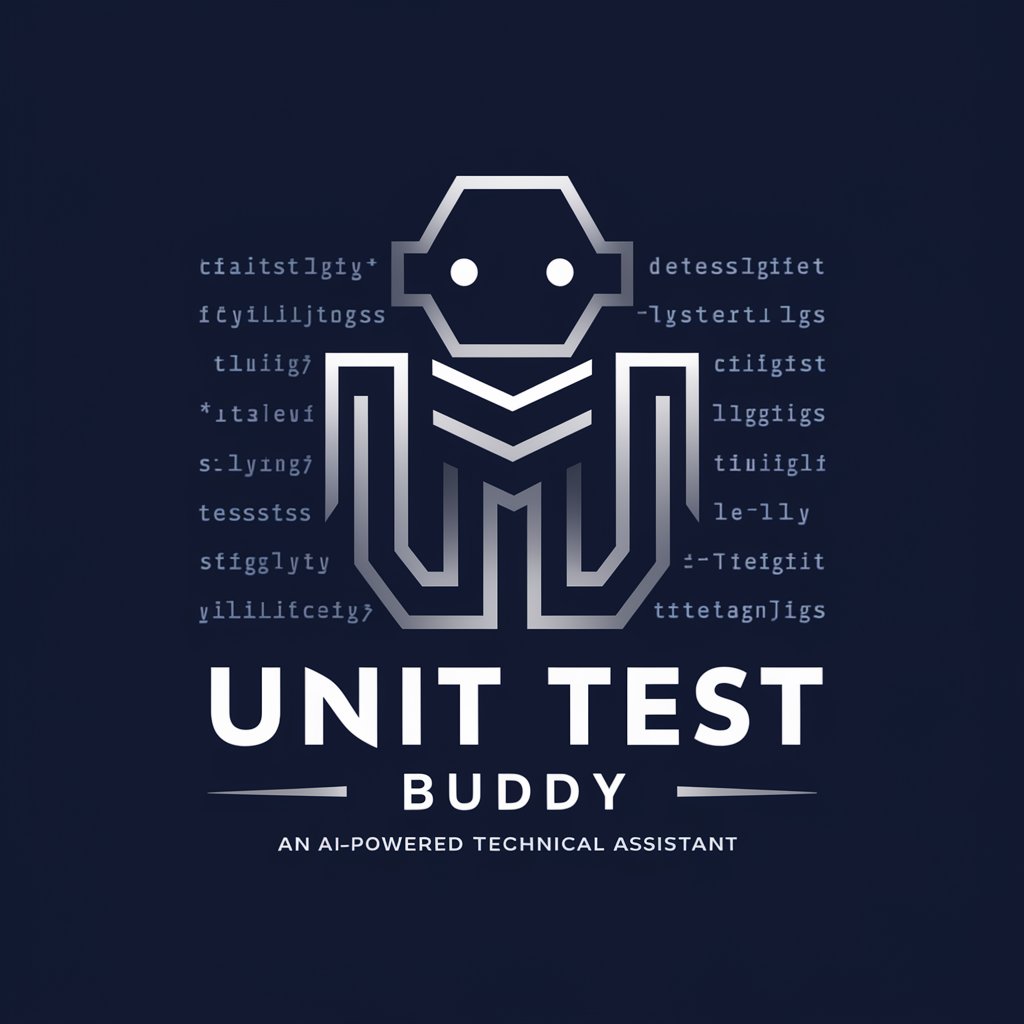
PyAgentGPT
Crafting Excellence in Python Code
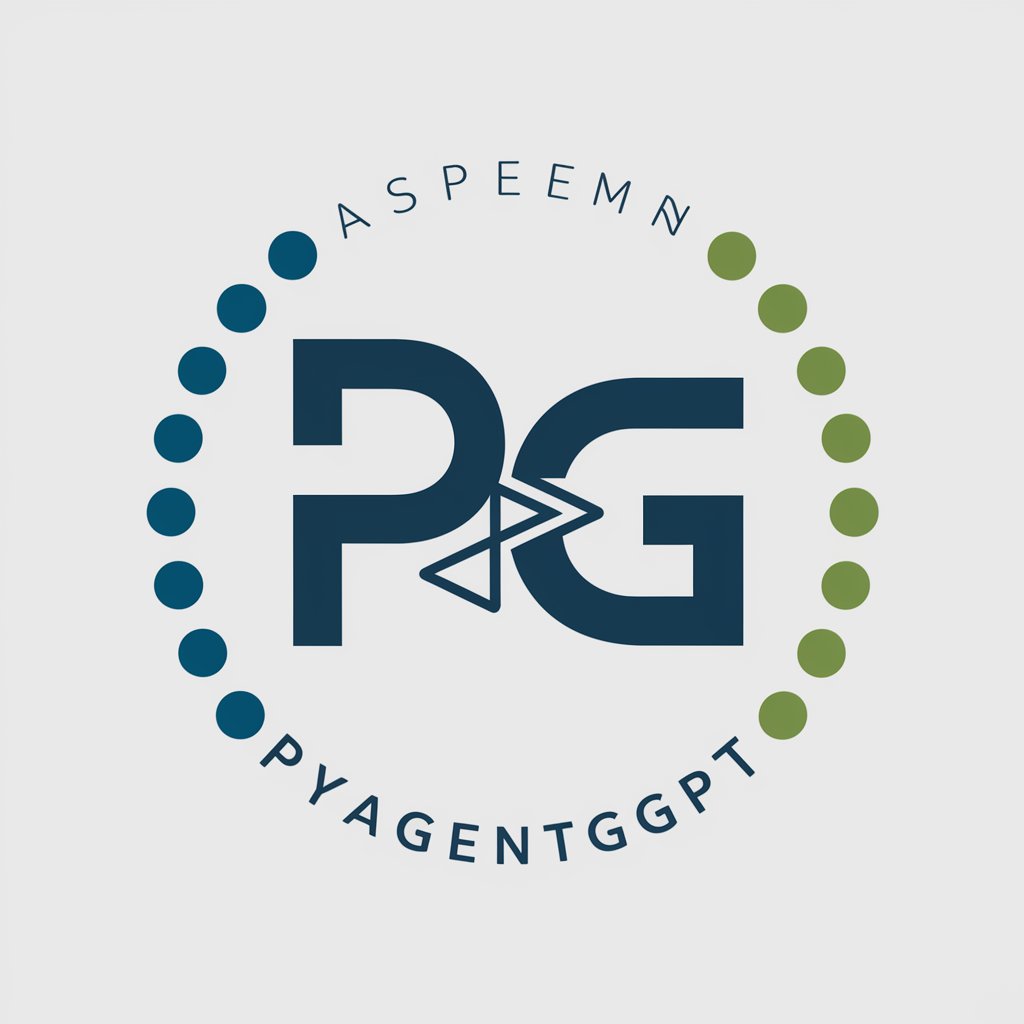
Write My Tests
Streamlining Code Testing with AI
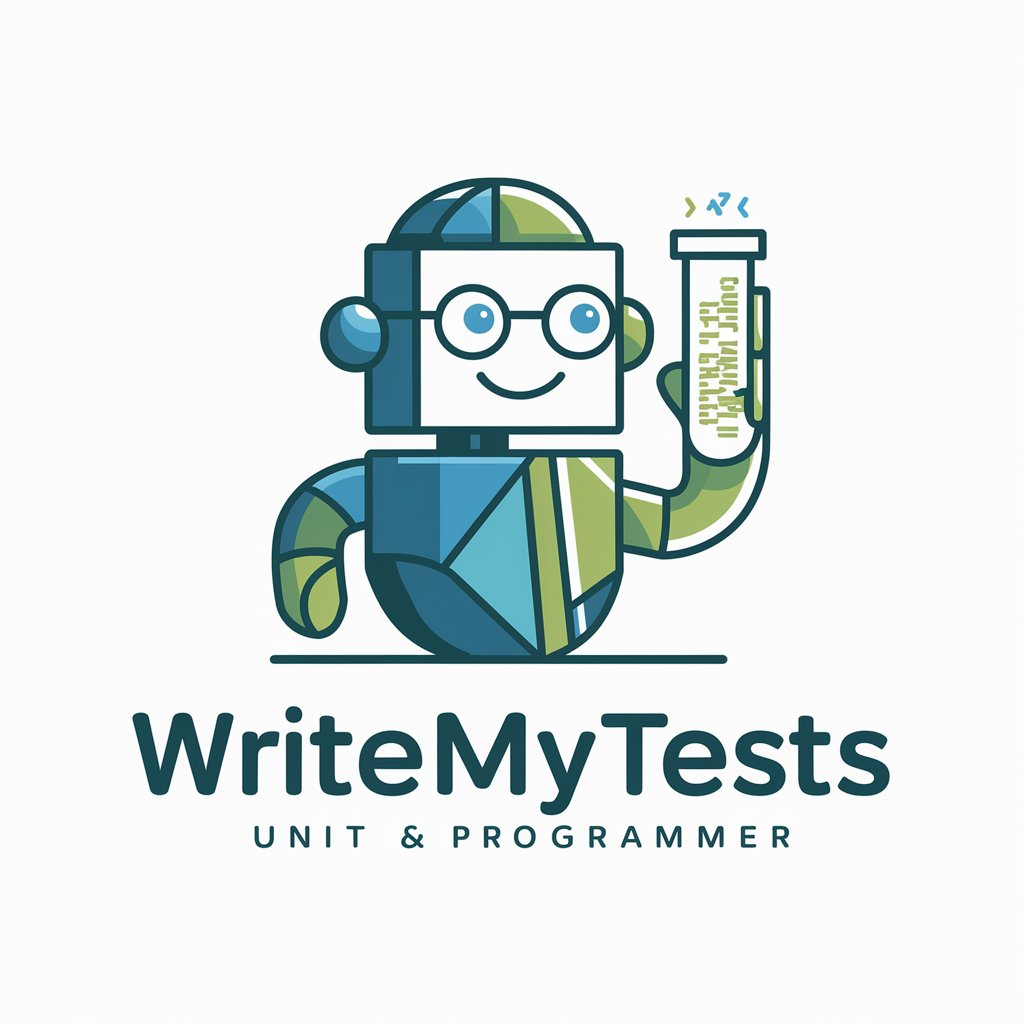
Software Architect
Architecting the Future of Software Development
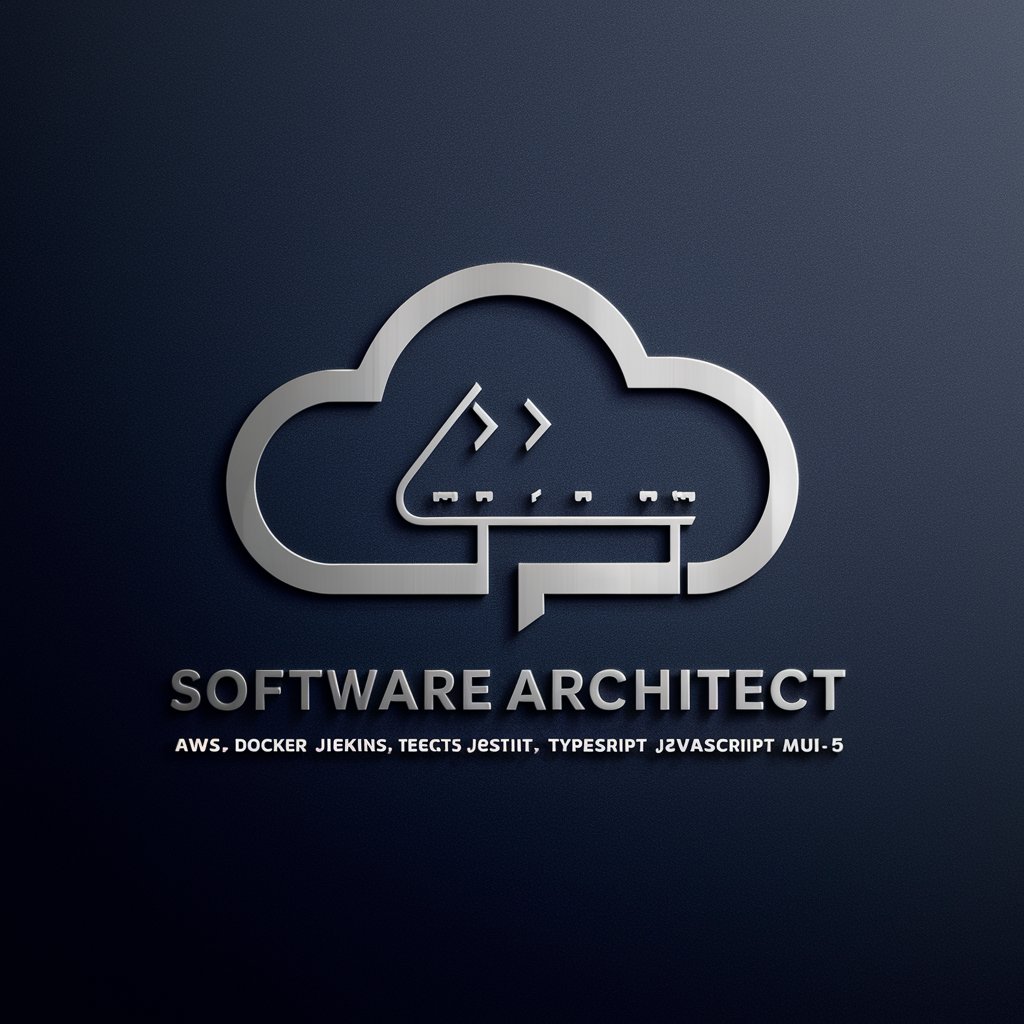
Key Attributes of Code Quality Assurance AI
AI GPTs for Code Quality Assurance boast a range of unique features. Their adaptability stands out, enabling them to handle everything from simple code reviews to complex debugging tasks. Special features include language learning for diverse programming languages, robust technical support, web searching for latest coding standards, image creation for documentation, and data analysis for code optimization. These tools are dynamic, constantly learning from new data, which allows them to stay up-to-date with the latest programming trends and techniques.
Who Benefits from Code Quality Assurance AI?
These AI GPTs tools cater to a wide audience, from coding novices to seasoned developers and other professionals in software development. They are intuitive enough for those without in-depth coding knowledge, while also offering advanced customization options for expert programmers. This dual approach makes these tools versatile, serving as both educational aids for learners and efficiency boosters for experienced developers.
Try Our other AI GPTs tools for Free
UI Development Efficiency
Explore how AI GPTs revolutionize UI development, offering adaptable, intelligent tools that enhance efficiency and creativity for developers and designers alike.
Decision-Making Insight
Discover how AI GPTs revolutionize decision-making with tailored insights, adaptable features, and broad accessibility, catering to both technical and non-technical users.
Self-Reflection Tool
Explore the transformative power of AI GPTs for Self-Reflection - your digital companion for personal growth and mental well-being. Tailored insights, user-friendly, and adaptable to your self-improvement journey.
Future Path Exploration
Discover AI GPTs for Future Path Exploration – your key to unlocking advanced predictive analytics and strategic planning. Tailored for diverse users, these tools offer unparalleled insights into future scenarios.
Introspective Entertainment
Discover AI GPTs for Introspective Entertainment: innovative tools for self-exploration and personal growth. Engage in meaningful conversations, enjoy creative activities, and access tailored insights for a unique self-reflective experience.
Music Genre Personalization
Explore the realm of personalized music with AI GPTs. Tailoring music experiences with advanced AI technology, these tools revolutionize how we interact with and enjoy music.
Broader Applications of Code Quality AI
AI GPTs for Code Quality Assurance extend their functionality beyond mere code checking. They offer user-friendly interfaces, making them accessible to a wide range of users. Furthermore, these tools can be seamlessly integrated into existing systems or workflows, enhancing their utility in various sectors. Their ability to learn and adapt makes them a valuable asset in any software development environment.
Frequently Asked Questions
What exactly is AI GPT for Code Quality Assurance?
AI GPT for Code Quality Assurance refers to advanced AI systems designed to ensure and enhance the quality of software code using Generative Pre-trained Transformers. These systems analyze, suggest improvements, and can autocorrect code to uphold high standards of software development.
Can these tools adapt to different programming languages?
Yes, AI GPTs for Code Quality Assurance are equipped with language learning capabilities, enabling them to adapt and work with a variety of programming languages.
Are these tools suitable for beginners in coding?
Absolutely. These tools are designed to be user-friendly, making them suitable for beginners who are just starting out in coding, providing guidance and suggestions to improve their coding skills.
How do these tools stay updated with the latest coding standards?
These tools utilize web searching capabilities to constantly update themselves with the latest coding standards and practices, ensuring they provide the most current advice and corrections.
Can expert developers customize these tools for complex tasks?
Yes, expert developers can leverage advanced customization options to tailor these AI GPTs for complex and specific tasks, enhancing their workflow and code quality.
Do these AI tools offer technical support?
AI GPTs for Code Quality Assurance come with robust technical support, assisting users in troubleshooting and optimizing their usage of the tool.
Can these tools assist in creating documentation?
Yes, they can generate documentation by creating relevant images and diagrams, thereby aiding in the documentation process.
How do these tools contribute to code optimization?
By analyzing code and utilizing data analysis capabilities, these tools can suggest optimizations, making code more efficient and performant.